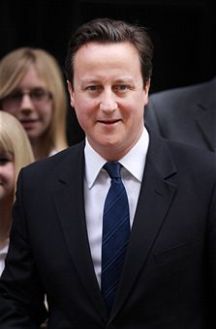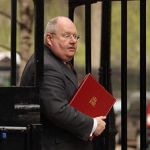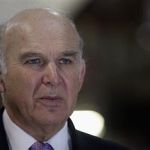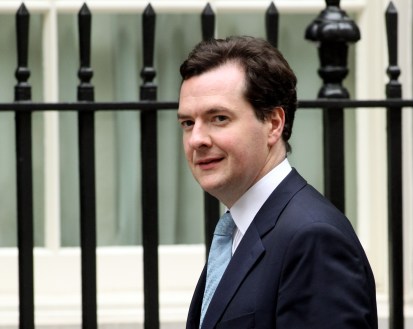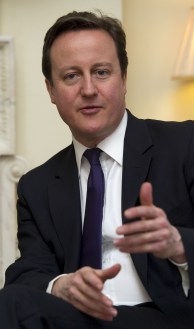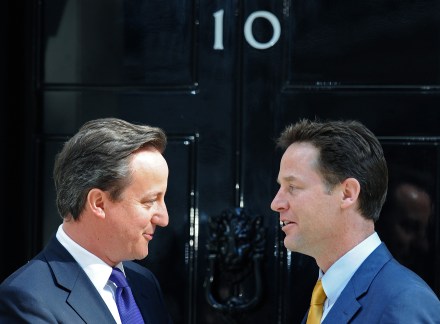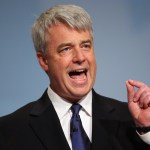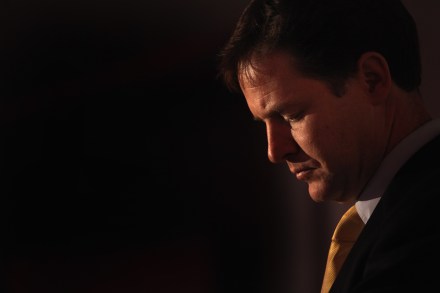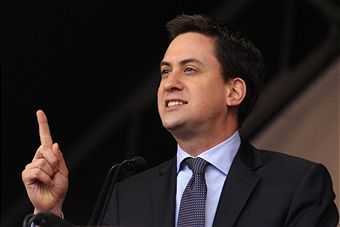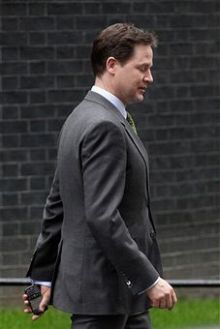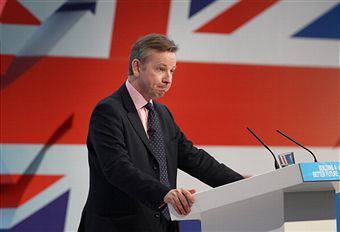Cameron’s other speech
There is no rest for the Prime Minster. After delivering his speech on immigration in Romsey this morning, there was another to deliver, 62 miles away in Woking, this afternoon. This second CamSpeech of the day was billed as a scene-setter for the local elections — and so it proved. Rather than dwelling on a single policy area, the main purpose was to rattle through 101 reasons to vote Tory on 5 May. If there is anything to be taken from the text, it is just how upfront and unapologetic it is. There is little room for nuance, but plenty of room for sweeping, and forceful attacks, on Labour. This
